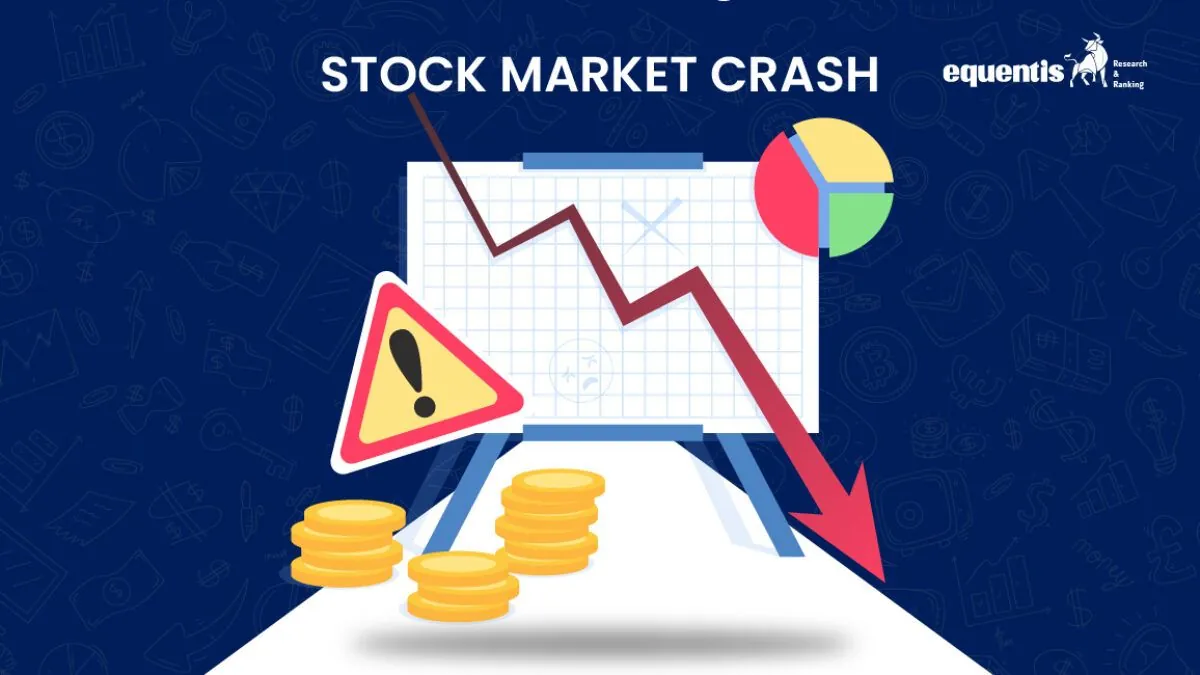Global financial markets experienced significant turbulence recently, with the primary catalyst being the unwinding of a popular investment strategy known as the "carry trade." This event led to substantial losses across various markets, highlighting the interconnectedness of global finance.
Japan's Nikkei 225 index plummeted 12.4% on Monday, triggering a ripple effect in European and North American markets. The sell-off was primarily driven by traders liquidating stocks to cover increasing risks associated with investments financed by low-cost borrowing, predominantly in Japanese yen.
Carry trades involve borrowing in currencies with low interest rates to invest in higher-yielding assets denominated in other currencies. This strategy has been employed for decades, with the Japanese yen often serving as the funding currency due to Japan's historically low interest rates. The Bank of Japan has maintained near-zero interest rates for years to stimulate economic growth, creating a significant interest rate differential with other major economies.
The recent market upheaval was triggered by several factors:
- The Bank of Japan raised its main interest rate from near zero last week
- Concerns about a potential recession in the United States
- Worries that technology stocks may be overvalued
These events caused a surge in the value of the Japanese yen against the U.S. dollar, prompting traders to rapidly unwind their carry trade positions. This involved selling dollar-denominated assets and buying yen to cover their borrowing costs and mitigate losses from currency fluctuations.
"A massive global carry trade unwind was the spark that lit the fuse for this market Armageddon. One defining characteristic of these self-perpetuating market melts is the vicious cycle where a sell-off increases realized volatility."
The impact of carry trades on markets can be significant due to their leveraged nature and the potential for cascading effects. When market conditions change rapidly, traders are forced to sell assets simultaneously, amplifying price movements and volatility.
It's worth noting that carry trades have played a role in past financial crises. For instance, they contributed to Iceland's financial sector meltdown in 2007-2008, where investors borrowed in yen or Swiss francs to take advantage of high Icelandic interest rates.
While markets showed signs of recovery on Tuesday, with Japan's Nikkei 225 rebounding 10.2%, the future risks associated with carry trades remain uncertain. The interest rate gap between Japan (0.25%) and the U.S. Federal Reserve (5%-5.25%) is still substantial but may narrow as monetary policies evolve.
As global markets navigate these challenges, investors and policymakers alike must remain vigilant of the potential impacts of carry trades on financial stability and market dynamics.
